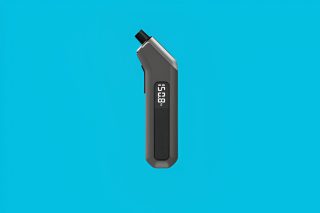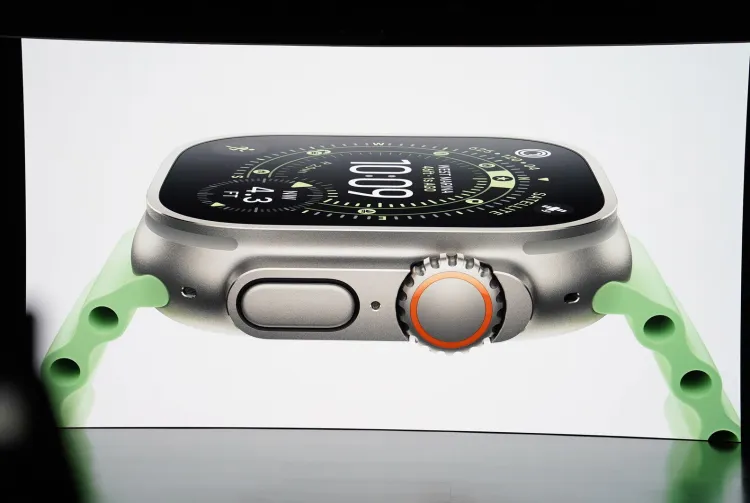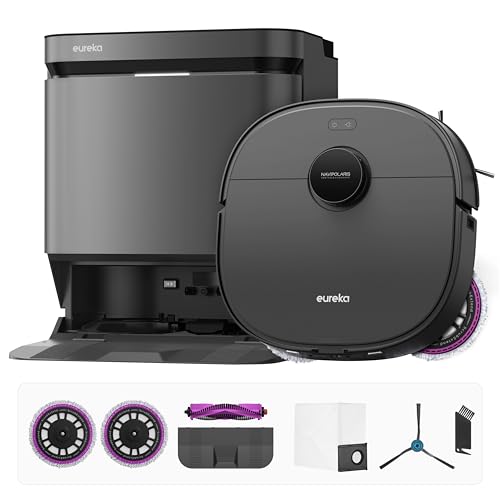Cheating reports flooded Battlefield 6’s first beta weekend with unprecedented volume. EA’s kernel-level anti-cheat system Javelin blocked 330,000 attempts to cheat or tamper with protections during just two days of early access, while frustrated players filed over 104,000 reports of suspected cheaters in the same period.
The numbers reveal the scale of competitive gaming’s integrity problem. Day one brought 44,000 player reports of potential cheating. Day two escalated with at least 60,000 more reports. You know that sinking feeling when someone’s clearly using aimbot in your match? Tens of thousands of players experienced exactly that between August 7-8.
How Javelin’s Defense System Works
EA’s anti-cheat operates through layered security measures designed to catch threats at multiple levels.
EA’s approach combines several detection methods:
- Kernel-level monitoring: Javelin runs at the deepest system level, detecting cheats before they can manipulate game processes
- Secure Boot integration: Works with Windows security features to prevent vulnerable drivers from loading at startup
- Hardware fingerprinting: Tracks device characteristics to identify banned systems attempting to return
- Community reporting integration: Player reports help train detection algorithms and flag suspicious accounts
“Secure Boot is not… a silver bullet,” explained AC, a member of EA’s anti-cheat team. It’s “another barrier that helps us make it harder for cheat developers… and makes it easier for us to detect it.”
The technical approach mirrors strategies from:
- Riot’s Vanguard system in Valorant
- Activision’s kernel-level implementations for Call of Duty
These systems represent the gaming industry‘s response to increasingly sophisticated cheat software that operates at system levels traditional anti-cheat couldn’t reach.
Javelin’s Secure Boot requirement creates friction for players on alternative platforms. Steam Deck users running Linux through Proton may find themselves locked out entirely—a trade-off between security and accessibility that’s becoming standard in competitive gaming.
What these numbers don’t reveal matters equally: EA declined to share how many actual bans resulted from those 330,000 blocked attempts. The distinction between detecting malicious activity and confirming cheating behavior remains crucial for understanding the system’s real-world effectiveness.
Your experience during the second open beta weekend (August 14-17) will determine whether Javelin’s impressive telemetry translates to cleaner matches. The anti-cheat arms race continues, but now you understand the scale of the battle EA’s fighting on your behalf.




























